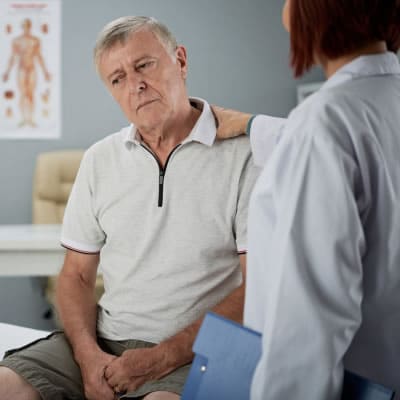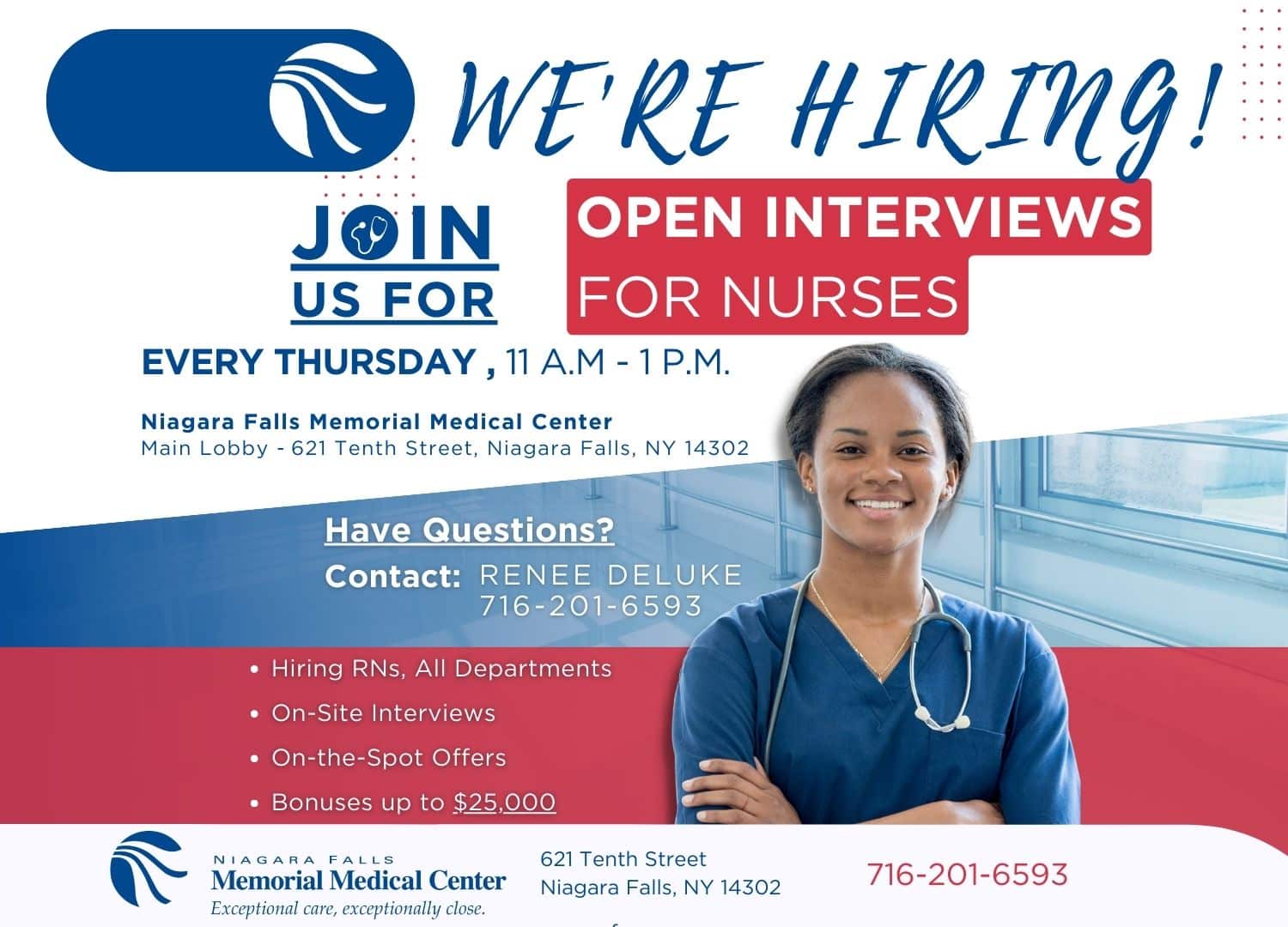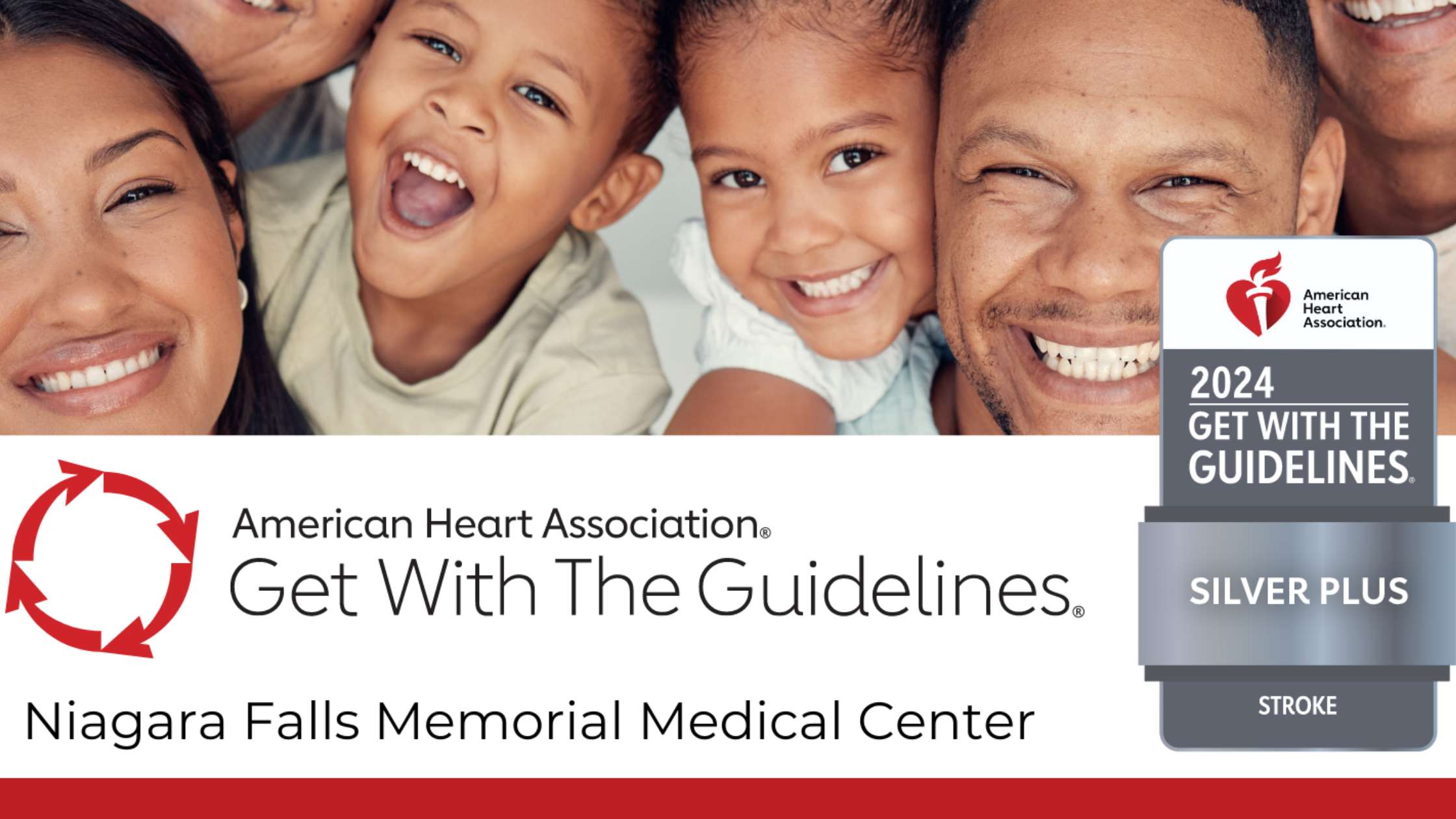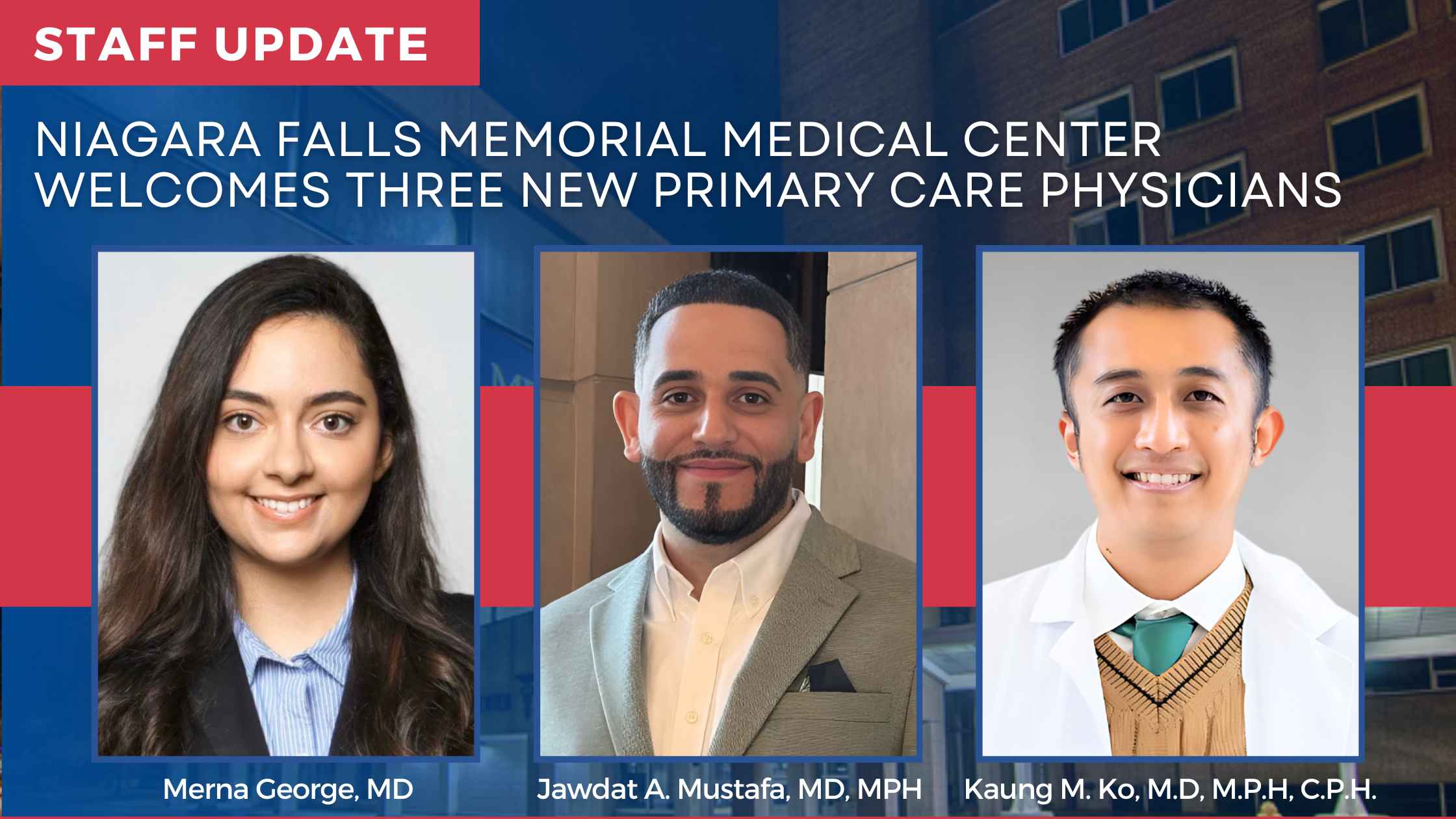Many of us felt mentally unprepared for the challenges caused by the Covid-19 pandemic. There is no right or wrong way to experience these intense stresses.
Some common responses include:
• Grief
• Survivor’s Guilt: “Why am I ok and my family member is not?”
• Fear
• Changes in eating habits
• Nervousness
• Changes in sleeping patterns
• Sadness
• Intense worry
• Feeling alone
• Anger
• Disbelief: “How could this have happened?”
• Loss of control
Some people may also experience:
• Relief
• Gratitude
• A sense of community and belonging
• Renewed Joy in life
• Deepening of faith
There is no right way to experience a disaster, and it can be overwhelming.
Simple practices can help:
• Acknowledge the difficulties you have faced. Say them to yourself or write about them.
• Write a list of your thoughts and feelings. Writing them down can make them feel more manageable
• Remind yourself that emotions, while powerful, are separate from you. They come and go like waves on the sand or clouds passing.
• Take slow, deep breaths when your emotions overtake you to help calm you physically and mentally.
• Movement of any kind can elevate your mood: walking, riding a bike, gardening, dancing, hiking, swimming, or practicing yoga.
• Take a walk in a park, by a lake or in the woods to reconnect with nature and the seasons.
• Establish new routines to restore a sense of control. Dramatic changes in our daily rituals can be unsettling.
• As humans, we need social contact. Even if you don’t feel you need anyone, connecting with others will make you
happier and more resilient. Have a phone conversaon, write an old-fashioned leer, do a virtual visit, or take a
walk with a friend.
• Limit screen time.
• Moderate caffeine intake. Caffeine can intensify feelings of nervousness.

Your Health Care Provider can help connect you to a behavioral health specialist.
What works for one person may not work for another. Try these one at a time to find out what helps you. Think of this
as building a Self-Care Toolbox.
There is no simple solution to recovering from such a significant and disruptive event as The Covid-19 Pandemic. Many
people may find it helpful to get the support of a mental health professional. If so, please contact one of the following:
Contact a Mental Health Expert directly. Value Network IPA has an extensive list of resources and a partner
directory that can be found at https://valuenetworkwny.org. The Psychological Association of Western New York
has a list at their website https://pawny.org. The VA Western New York Healthcare System has resources for
veterans. Call 716-834-9200.
Resources for Additional Social and Emotional Support:
Guide to Self-Care: https://mindpeacecincinna.com/wp-content/uploads/SelfCareReportR13.pdf
Self-Care Assessment Tool: https://socialwork.buffalo.edu/content/dam/socialwork/home/self-care-kit/self-care-assessment.pdf
Mindfulness and Meditation App: https://app.wakingup.com/free-account
Presentations and Resources for Self-Compassion: https://self-compassion.org/videos/
Collective of Low-cost, high-quality therapy providers (in-person and virtual):
https://openpathcollective.org
Hiking trails: https://alltrails.com
Note: Consider consulting a medical professional to see if there is a biological
cause of your symptoms. It’s been a tough year. Be kind to yourself and remember that you’re not alone.
There is help available.
More Resources
Erie County
Adults 18 and over: 716-834-3131
Youth under 18: 716-882-4357 (882-
HELP)
Veterans Crisis Line
1-800-273-8255 (Press 1)
Addiction Hotline
716-831-7007
Allegany County
585-268-9600
Cattaraugus County
1-800-339-5209
Chautauqua County
1-800-724-0461
Genesee County Mental Health
Care & Crisis Helpline: 585-283-5200
Niagara County
716-285-3515
Orleans County
585-589-7066
Wyoming County
585-283-5200 option 2
National Suicide Prevenon Lifeline
1-800-273-8255










